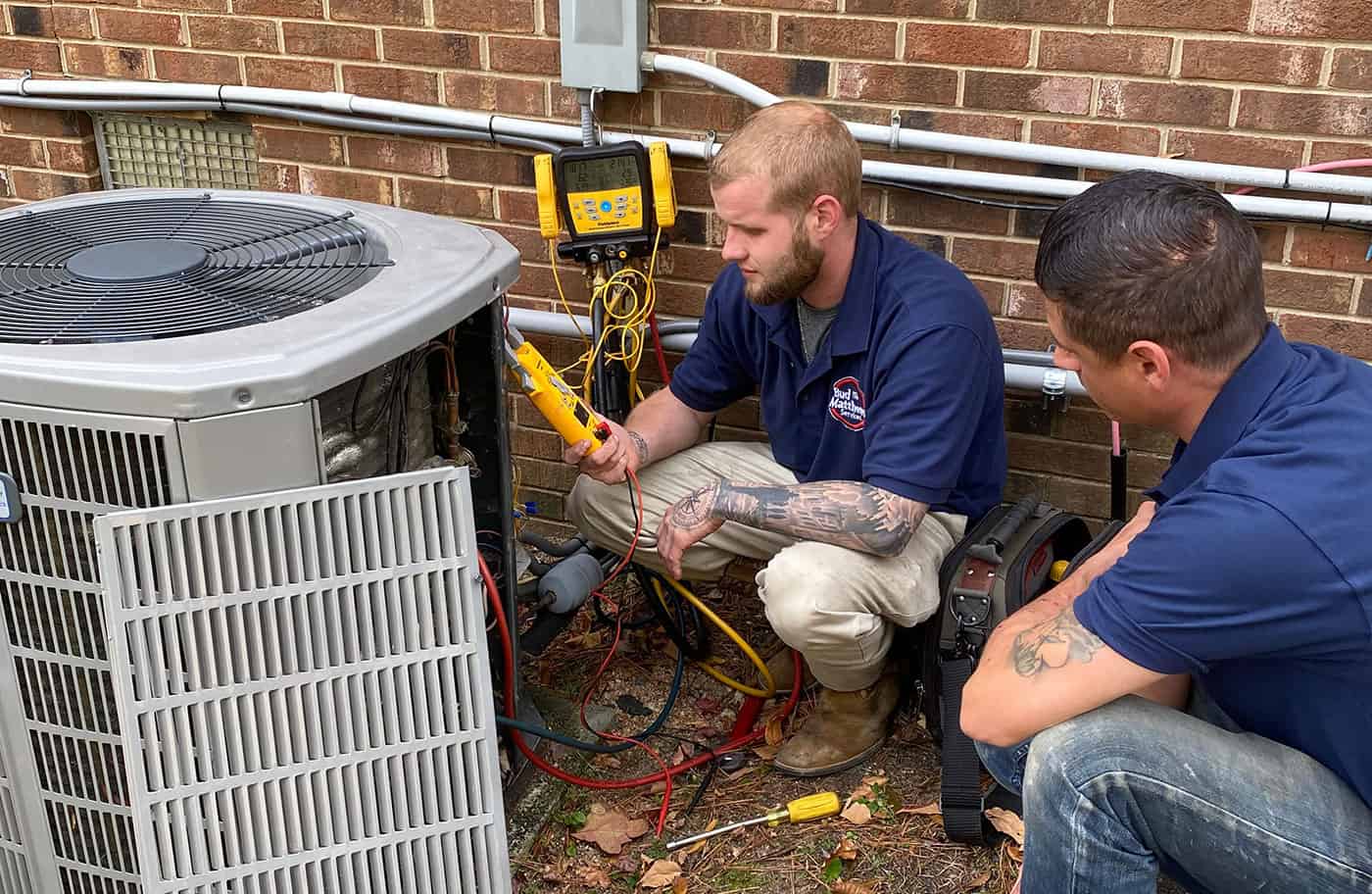Hard Water: What It Is and How to Stop It
You may have heard the term hard water used to refer to a condition of the water moving through a plumbing system. It’s a strange phrase at first… isn’t “hard water” ice? But hard water is a serious problem for residential plumbing systems, and unfortunately it’s a common trouble that occurs in many houses today. We’ll share some details about hard water, why it’s an issue for residential plumbing, and how to treat it.
Hard Water = Water with a High Mineral Content
Hard water contains a higher level of minerals than normal. The most common minerals found in hard water are magnesium and calcium. These minerals get into water as it percolates through deposits of limestone and chalk. Water in municipal systems can turn into hard water because of ground seepage. This is why municipal water treatment plants aren’t effective at preventing hard water: the minerals enter the water through the pipes that carry the water from the treatment plant to homes.
The Problems of Hard Water
Thankfully, hard water isn’t harmful to drink, since the minerals are found in many other kinds of food and drink. Hard water’s principle danger is to plumbing pipes and water-using appliance. The minerals in the water will leave calcite deposits on the inside of pipe walls, leading to a rise in water pressure and even leaking. Limescale will begin to develop inside appliances, with water heaters especially susceptible to permanent damage. Hard water will also leave an unpleasant residue on fixtures and surfaces in a home.
Solving Hard Water
You cannot do much to prevent hard water in the municipal system. But you can treat the water as it enters your home with a whole-house water softener. A water softener places sodium ions into the water supply, counteracting the hard water minerals. This naturally “softens” the water and protects the plumbing. Contact a water treatment professional to handle the installation of a whole-house water softener.
Bud Matthews Services installs water softeners and other water treatment systems for homes in Durham, NC and the surrounding areas.













